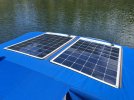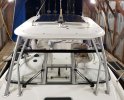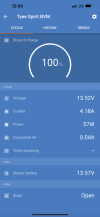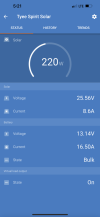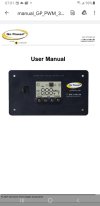Sharphooks
Well-Known Member
So I’m about to begin a boat camping expedition. I have a refrigerator on my boat. I know the drill with an RV refrigerator that operates on both DC 12V and propane but I have zero experience with a refrigerator that can operate both on DC12V and via AC through an inverter.
I noticed there is a panel switch for the refrigerator BOTH on the 12V switch panel and a switch on the AC panel (with the inverter switch)
Is the proper procedure to turn OFF the DC 12V switch when underway with the outboards and switch both the refrigerator switch and the inverter switch “ON”, then once at anchor and the outboards are shut down, turn the inverter switch and AC battery switch “OFF” and operate only on DC 12VC until firing up the outboards the next morning?
Thanks for comments, Gents
I noticed there is a panel switch for the refrigerator BOTH on the 12V switch panel and a switch on the AC panel (with the inverter switch)
Is the proper procedure to turn OFF the DC 12V switch when underway with the outboards and switch both the refrigerator switch and the inverter switch “ON”, then once at anchor and the outboards are shut down, turn the inverter switch and AC battery switch “OFF” and operate only on DC 12VC until firing up the outboards the next morning?
Thanks for comments, Gents

